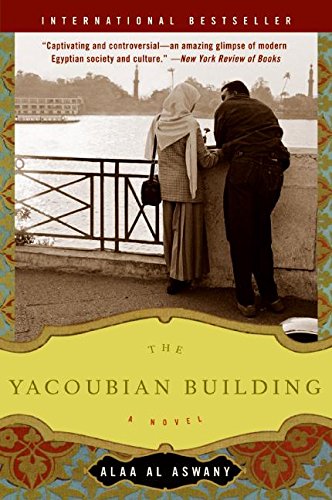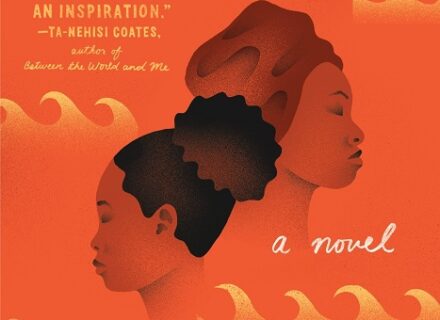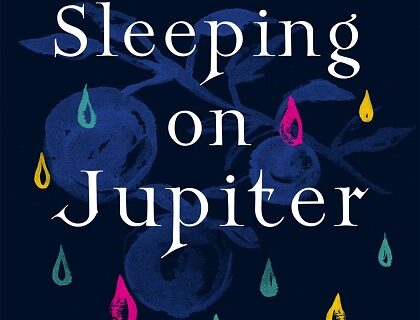I’m mentoring a senior capstone project on this novel, so I figured I’d better read it. For me, it started too slowly. Plot did not “thicken” until around page 80, and then my reading pace picked up, at last. The structure of the story is fragmented into several plot lines involving different characters, a couple of which are only loosely connected. But what reader ends up with really feel like what could have developed into several distinct novellas and reader wonders “why put these stories together?”
Misogyny was one thing that tied all loose ends together, for this reader. Women are mostly sexual objects in the book, which is probably something the author is critiquing about contemporary Egyptian society. I suppose there are other glaring themes, like nationalism, corruption, legacies of colonial oppression, all of which make this a teachable novel in a post-colonial literature course. The descriptions of lots of poor families squatting in shacks on the roof of the building reminded me a little bit of Rohinton Mistry’s work, especially A Fine Balance.
I simply don’t have an analog for the gay romance plot line in the novel. It’s not even much of a romance, since as with all the relationships here, this one develops solely as a showcase for power imbalance. The beloved is a poor “rustic” with an amusing accent who is basically preyed upon by an educated, connected wealthy guy (whose homosexuality is clumsily blamed upon sexual victimization in childhood). Between this and the corrupt imam character, it’s clear why the novel is deemed controversial by reviewers.
In other words, there’s a lot to say about the novel, but I can’t say I enjoyed reading it.



